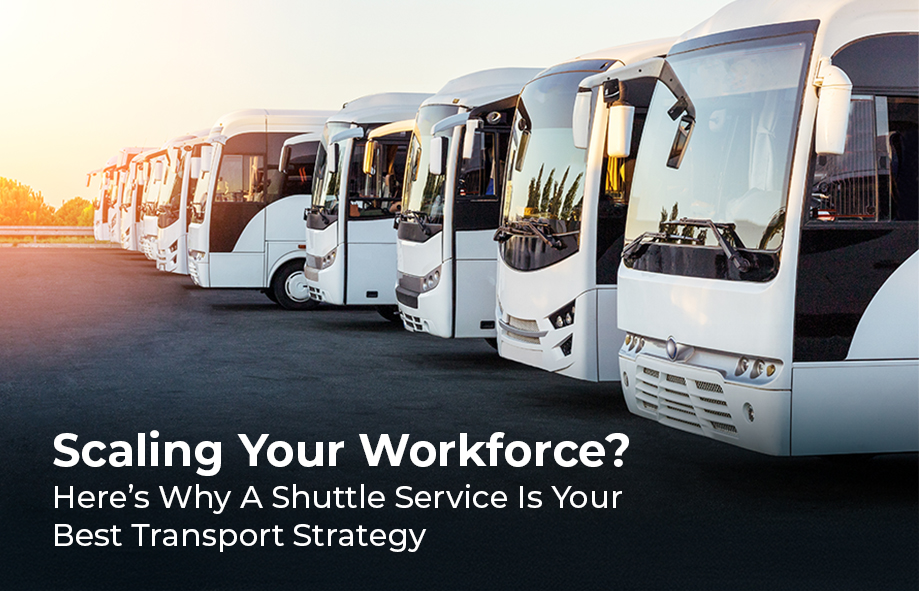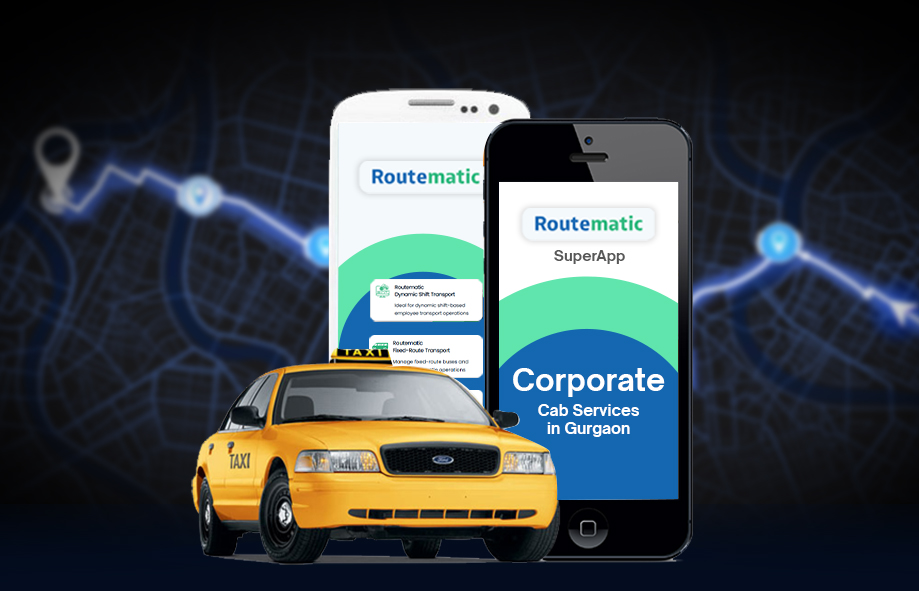In today’s fast-paced business environment, understanding the factors that influence employee productivity and retention is essential for organizational success. One of the most significant but often overlooked factors is the employee commute. In this article, we’ll delve into how the employee commute impacts productivity and retention rates, while underscoring the importance of corporate transport solutions.
The Importance of the Employee Commute
The employee commute refers to the daily journey employees undertake to reach their workplaces. Research indicates that the nature of this commute can significantly affect both employee satisfaction and their overall productivity. According to studies conducted in urban planning, longer and more stressful commutes can lead to decreased job satisfaction, which negatively impacts employee commute productivity.
Employee Commute and Productivity
The Direct Connection
The relationship between employee commute productivity and job performance is clear. Extended commuting times can lead to higher stress levels, which directly impede an employee’s focus and effectiveness throughout the workday. A study by the University of California found that employees who commute longer than 30 minutes each way reported lower productivity levels and higher frustration, which are detrimental to performance and workplace morale.
Stress Reduction Solutions
In contrast, companies that provide supportive corporate transport solutions can alleviate the stresses associated with commuting. By offering shuttle services or rideshare programs, employers can ensure that their employees arrive at work feeling refreshed and prepared. Reduced stress levels lead to increased focus and enhanced productivity, creating a win-win scenario for both the employee and the organization.
Commute Impact on Retention
Statistics on Retention
Understanding the commute impact on retention is crucial for businesses looking to retain top talent. Surveys often reveal that long commute times are a fundamental reason why employees leave their jobs. According to the Work Institute, lengthy commutes contribute significantly to employee turnover, as employees are more likely to seek positions closer to their homes.
Flexible Solutions for Retention
To combat the discontent linked to long commutes, many organizations are embracing flexible work arrangements. By offering remote work or hybrid models, companies can positively influence retention rates. Employees who enjoy a balanced work-life structure are generally more satisfied and less inclined to leave for better opportunities.
Corporate Transport and Productivity
Benefits of Corporate Transport
The relationship between corporate transport and productivity is undeniable. Organizations that invest in efficient transport options can create a more supportive work environment. Employees using corporate transport often experience enhanced well-being, which translates into better job performance and productivity.
Encouraging Team Dynamics
Moreover, providing corporate transport can enhance workplace relationships. When employees share rides, they foster communication and collaboration, leading to improved engagement. This sense of community created through shared commutes can drive up team dynamics and enhance overall productivity levels in the workplace.
Implementing Effective Commute Solutions
Assessing Employee Needs
To enhance employee commute productivity, organizations must first assess their workforce’s commuting needs. Gathering feedback through surveys can illuminate various challenges employees face. This information becomes instrumental in crafting tailored solutions for their commuting concerns, which can lead to improved satisfaction and performance.
Utilizing Technology
Incorporating technology is another way to improve the commuting experience. Organizations can adopt apps for carpool coordination, public transport tracking, or arranging shuttle services. By facilitating real-time updates and options, employers can reduce the uncertainty and stress often associated with commuting, further promoting employee commute productivity.
Conclusion
In conclusion, the impact of employee commute on productivity and retention cannot be understated. As organizations strive for excellence and seek innovative solutions, addressing the challenges associated with commuting should be a strategic priority. By understanding the connection between employee commute productivity, the commute impact on retention, and the relationship between corporate transport and productivity, businesses can enhance overall employee satisfaction.
Driving investment into solutions that improve the commuting experience not only fosters a content and productive workforce but also encourages employees to remain loyal to the organization. As the modern workplace continues to evolve, prioritizing the employee commute will remain critical to fostering a dedicated, engaged, and high-performing workforce.
By recognizing the importance of the employee commute productivity and offering relevant support, organizations can create a happier, more effective team that thrives in a competitive environment.









